The Prince
By Nicolo Machiavelli
Category
LiteratureRecommended by
"The Prince" by Niccolò Machiavelli offers a fascinating and insightful exploration into the art of political leadership and statecraft. Written in the 16th century, this enduring classic continues to captivate readers with its astute observations and unconventional wisdom.
Machiavelli's treatise is divided into 26 chapters, each delving into different aspects of effective governance. He advocates that a ruler should prioritize maintaining power and stability over moral and ethical considerations. Machiavelli explores the art of war, advising rulers on how to wage successful campaigns and conquer territories.
"The Prince" provides valuable guidance on strategies to consolidate power and deal effectively with internal and external threats. Machiavelli stresses the importance of being both feared and loved, urging rulers to balance these qualities to gain and maintain control. He advises leaders to stay vigilant, anticipate challenges, and adapt their policies accordingly.
Additionally, Machiavelli examines different types of states and offers specific advice tailored to each situation. He discusses republics, princedoms, and monarchies, exploring the benefits and drawbacks of each. Through historical examples and thought-provoking analysis, he paints a compelling picture of the strengths and weaknesses of various governmental systems.
Throughout the book, Machiavelli breaks traditional conventions by openly discussing controversial topics such as deception, manipulation, and cruelty as tools for effective leadership. He argues that rulers must put the interests of their state above personal morality, making difficult decisions when necessary.
"The Prince" provokes readers to reflect on the nature of power, morality, and leadership. Machiavelli's candid and pragmatic approach challenges conventional notions of political ethics and offers a persuasive argument for the pursuit of power in the interest of stability and prosperity.
In concise and precise prose, Machiavelli's "The Prince" remains a timeless and thought-provoking guidebook for statesmen and leaders seeking to understand the secrets of successful governance.
Machiavelli's treatise is divided into 26 chapters, each delving into different aspects of effective governance. He advocates that a ruler should prioritize maintaining power and stability over moral and ethical considerations. Machiavelli explores the art of war, advising rulers on how to wage successful campaigns and conquer territories.
"The Prince" provides valuable guidance on strategies to consolidate power and deal effectively with internal and external threats. Machiavelli stresses the importance of being both feared and loved, urging rulers to balance these qualities to gain and maintain control. He advises leaders to stay vigilant, anticipate challenges, and adapt their policies accordingly.
Additionally, Machiavelli examines different types of states and offers specific advice tailored to each situation. He discusses republics, princedoms, and monarchies, exploring the benefits and drawbacks of each. Through historical examples and thought-provoking analysis, he paints a compelling picture of the strengths and weaknesses of various governmental systems.
Throughout the book, Machiavelli breaks traditional conventions by openly discussing controversial topics such as deception, manipulation, and cruelty as tools for effective leadership. He argues that rulers must put the interests of their state above personal morality, making difficult decisions when necessary.
"The Prince" provokes readers to reflect on the nature of power, morality, and leadership. Machiavelli's candid and pragmatic approach challenges conventional notions of political ethics and offers a persuasive argument for the pursuit of power in the interest of stability and prosperity.
In concise and precise prose, Machiavelli's "The Prince" remains a timeless and thought-provoking guidebook for statesmen and leaders seeking to understand the secrets of successful governance.
Share This Book 📚
More Books in Literature
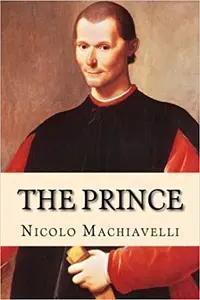
The Prince
Nicolo Machiavelli

Jonathan Livingston Seagull
Richard Bach
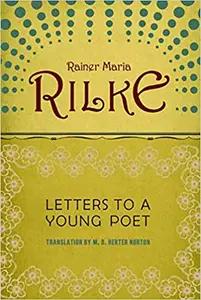
Letters to a Young Poet
Rainer Maria Rilke

The Alchemist
Paulo Coelho

The Razor's Edge
W. Somerset Maugham

100 Best-Loved Poems
Philip Smith

A Time for New Dreams
Ben Okri
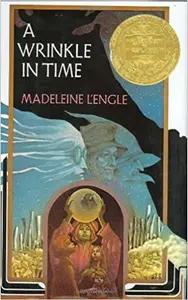
A Wrinkle in Time
Madeleine L'Engle
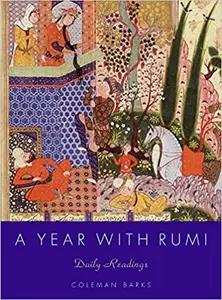
A Year with Rumi
Coleman Barks

Anna Karenina
Leo Tolstoy

B
Sarah Kay

Bird by Bird
Anne Lamott

Catch-22
Joseph Heller

Crime and Punishment
Fyodor Dostoevsky

David Foster Wallace
David Foster Wallace
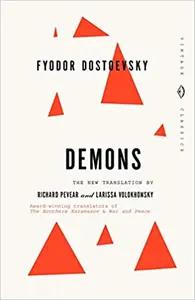
Demons
Fyodor Dostoevsky
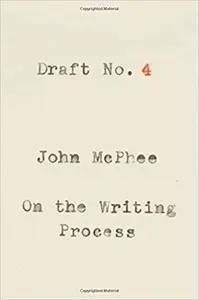
Draft No. 4
John McPhee

East of Eden
John Steinbeck
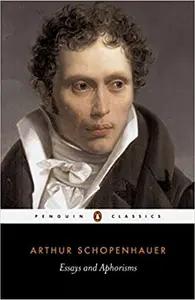
Essays and Aphorisms
Arthur Schopenhauer

Essays and Lectures
Ralph Waldo Emerson

Ficciones
Jorge Luis Borges

Four Quartets
TS Eliot
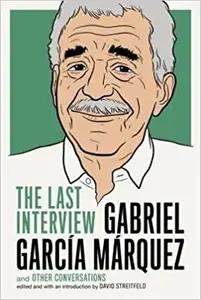
Gabriel Garcia Marquez
Gabriel Garcia Marquez

Goethe's Poems and Aphorisms
Goethe

Graphs, Maps, Trees
Franco Moretti
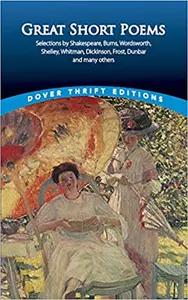
Great Short Poems
Paul Negri

Hamlet
William Shakespeare

Hyperbole and a Half
Allie Brosh
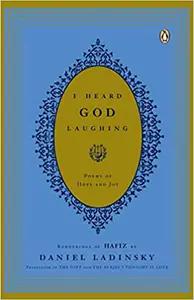
I Heard God Laughing
Hafiz

I Wrote This Book Because I Love You
Tim Kreider
Popular Books Recommended by Great Minds 📚
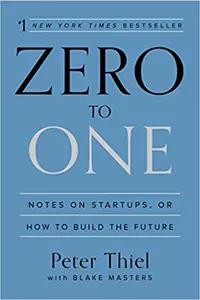
Zero to One
Peter Thiel

The Ride of a Lifetime
Bob Iger

Security Analysis
Benjamin Graham
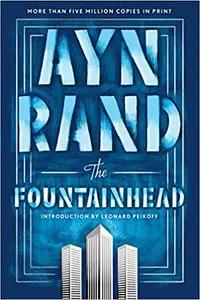
The Fountainhead
Ayn Rand

Destined For War
Graham Allison
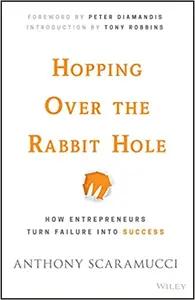
Hopping Over The Rabbit Hole
Anthony Scaramucci

Brotopia
Emily Chang
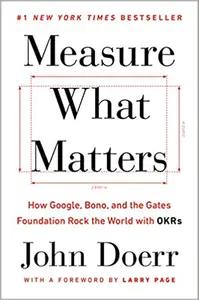
Measure What Matters
John Doerr

Why We Sleep
Matthew Walker

Behind the Cloud
Marc Benioff
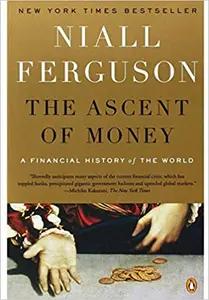
The Ascent of Money
Niall Ferguson

Titan
Ron Chernow
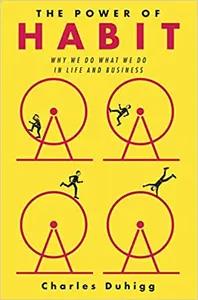
The Power of Habit
Charles Duhigg

Shoe Dog
Phil Knight
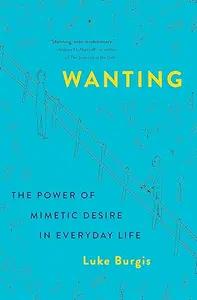
Wanting
Luke Burgis
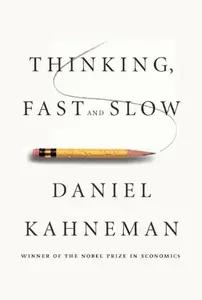
Thinking, Fast and Slow
Daniel Kahneman
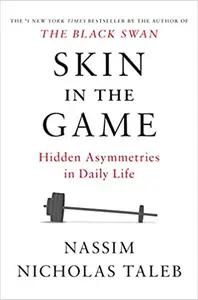
Skin In The Game
Nassim Taleb
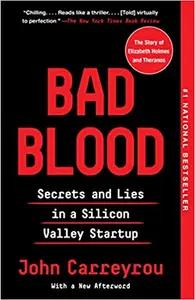
Bad Blood
John Carreyrou
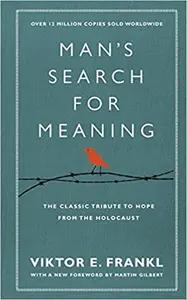
Man's Search for Meaning
Viktor Frankl
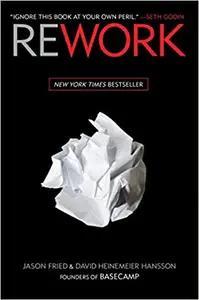
Rework
Jason Fried
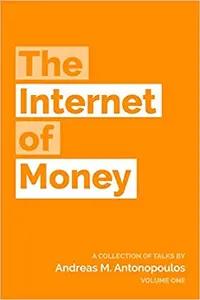
The Internet of Money Volume 1
Andreas Antonopolous
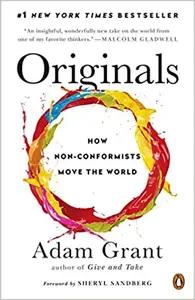
Originals
Adam Grant
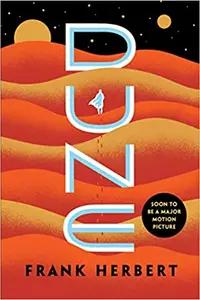
Dune
Frank Herbert
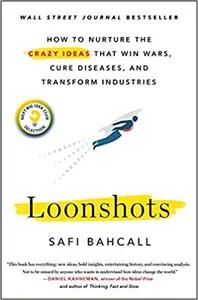
Loonshots
Safi Bahcall
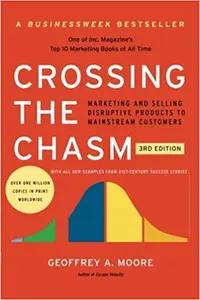
Crossing the Chasm
Geoffrey Moore
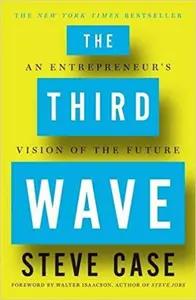
The Third Wave
Steve Case

Who We Are and How We Got Here
David Reich
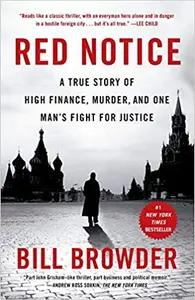
Red Notice
Bill Browder
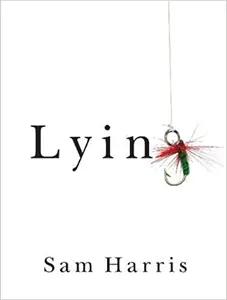
Lying
Sam Harris
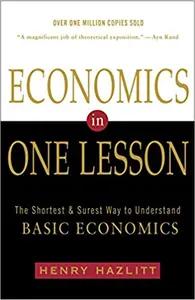
Economics in One Lesson
Henry Hazlitt